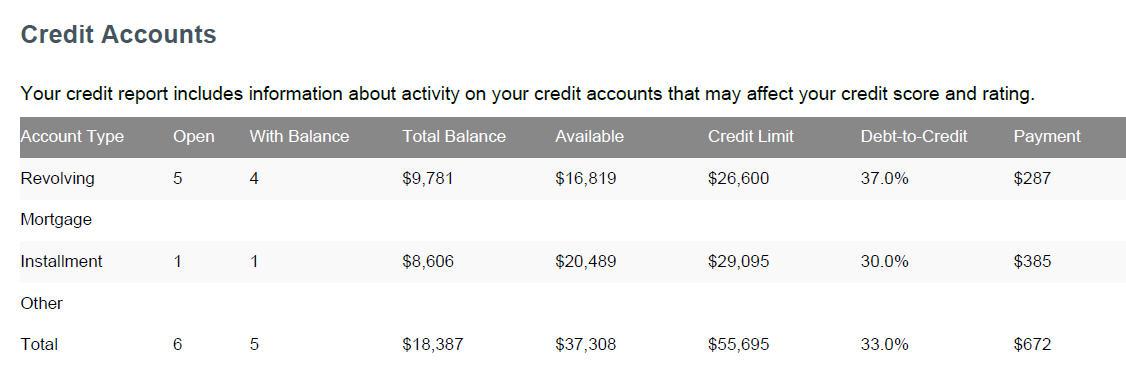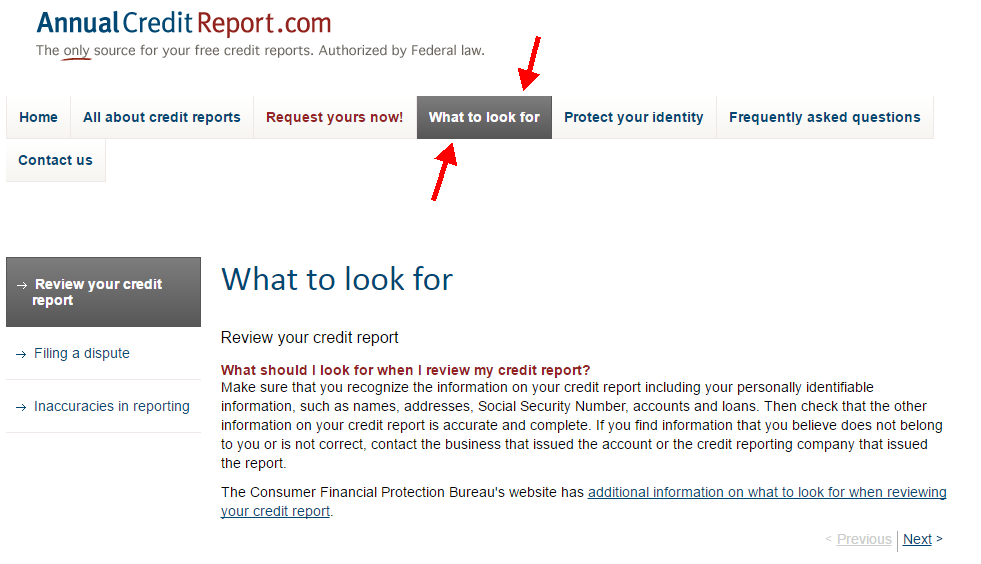
Just as your resume must accurately reflect your skills, personality, experience, and capabilities so that you are maximizing your chances to get an interview, your credit report must accurately reflect your personal information and credit history. You are responsible for the accuracy of your credit report.
The FCRA permits credit bureaus to list positive information on your credit report indefinitely. Accurate negative information, such as a late payment or an account turned over to a collection agency, can remain on credit reports for 7 years. Bankruptcies may remain on credit reports for up to 10 years. Unpaid tax liens may remain for up to 15 years.[i]
Jessica was applying for a director’s position at a non-profit agency. She gave the agency permission to pull her credit report. The agency did not hire her and sent her a Notice of Adverse Action indicating that the reason she was not hired was due to information on her credit report. Jessica obtained a copy of her credit report to find out what the problem was. According to the report she received, all of her accounts were in good standing. In a subsequent conversation with the agency’s hiring director, Jessica was told that it was the information in the Personal Information section of her credit report that made them decide not to offer her the position. In their opinion it indicated carelessness and lack of attention to detail in personal identifying information which would have been part of her responsibilities had she been hired by the agency.
Jessica’s personal information showed the following:
- 14 variations of her name; 4 were accurate
- 6 social security numbers; 1 correct
- Incorrect spouse’s first name
- Incorrect current and former employer
- 3 telephone numbers; 1 correct
- 41 address covering the past 25 years; 9 were accurate
If you are applying for new employment, reassignment, or promotion, you should check your credit report from all three credit bureaus (Equifax, Experian, TransUnion), regardless of when you last checked it. Do not assume that if all of your information is correct at one credit reporting agency, it will be correct at all of them. Errors and inaccuracies that may seem too minor and unimportant to you to spend the amount of time and energy required to correct them, may be important to an employer.
Sherry worked for an insurance company in claims. Her job was to document incidents when clients called in to report an accident. She worked evenings and weekends and wanted to change to a traditional Monday – Friday day-time position. There were several openings for which she wanted to apply. Since she knew her company would check her credit before approving her for any new position, Sherry decided to check it first herself. She obtained copies from all three credit bureaus. Two of the credit reports were accurate, but one of them showed 3 credit cards that were currently past due. Sherry had paid those cards in full and closed the accounts almost a year earlier. Sherry knew that she would not be considered for the new positions until the credit report was corrected.

Start with your personal information. Make sure everything shown is accurate. Personal information is often used by employers to verify information you put on job applications.
Check all potentially negative items including public records. Chris discovered a tax lien on a house sold twelve years previously. The title company had failed to file the proper transfer documents with the county’s tax assessor.
If you have filed bankruptcy, do not assume that filing will be reflected on all of your creditor’s reporting to the credit bureaus.
Dan filed Chapter 7 bankruptcy in November, 2012. It was discharged in March of 2014. Dan did not check his credit report until he was turned down for a job as a security guard with a pharmaceutical company. He was told that he could reapply once all of the collections that showed on his credit report had been paid. Upon investigation, Dan found that the companies that were reporting past due collections in 2017 had never processed his bankruptcy, which discharged the debts three years earlier.
Check all accounts that are in good standing. Make sure they are all yours.
Finally, examine the list of everyone who has accessed your credit report in the past 2 years. You should have given each of them written permission to access your credit report. If an employer or potential employer has obtained a copy, it should be listed. This is one way you have of verifying whether or not an employer has reviewed your credit report.
Under FCRA, everyone is allowed to receive a free copy of their credit report once a year from each of the 3 national credit reporting bureaus, TransUnion, Equifax, and Experian. To obtain a free copy of your credit report, go to www.annualcreditreport.com. We have designed the Credit Report Accuracy Quick Check table to help you quickly determine whether or not everything on your credit report is correct. You should use one for each credit bureau’s report.